A cheap, portable quantum computer, aimed at schools and colleges will be launched later this year.



China launched its first blockchain-based scientific data network on Wednesday to facilitate open and secured sharing of research information, which can help track and optimize the publishing process, as well as curb academic fraud, according to the Computer Network Information Center of the Chinese Academy of Sciences.
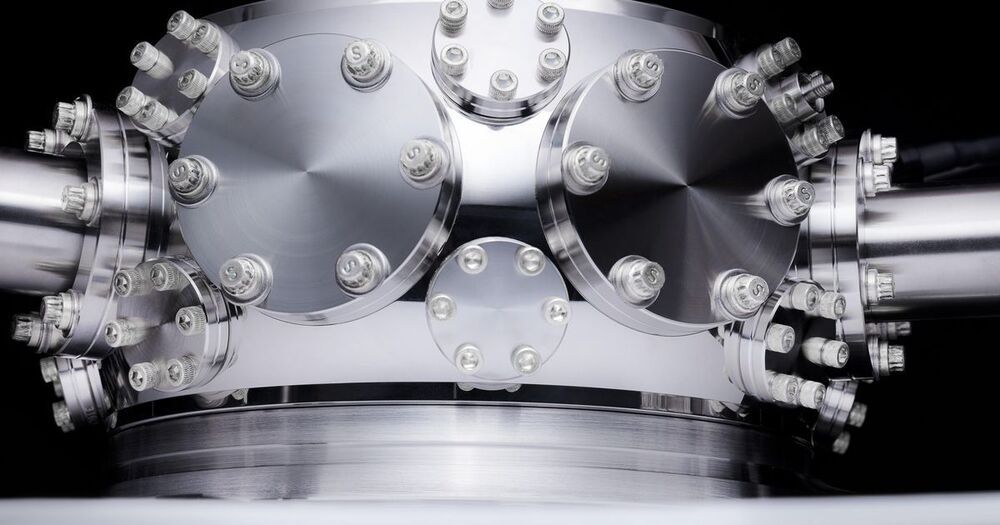

Fast-forwarding quantum calculations skips past the time limits imposed by decoherence, which plagues today’s machines.
A new algorithm that fast forwards simulations could bring greater use ability to current and near-term quantum computers, opening the way for applications to run past strict time limits that hamper many quantum calculations.
“Quantum computers have a limited time to perform calculations before their useful quantum nature, which we call coherence, breaks down,” said Andrew Sornborger of the Computer, Computational, and Statistical Sciences division at Los Alamos National Laboratory, and senior author on a paper announcing the research. “With a new algorithm we have developed and tested, we will be able to fast forward quantum simulations to solve problems that were previously out of reach.”
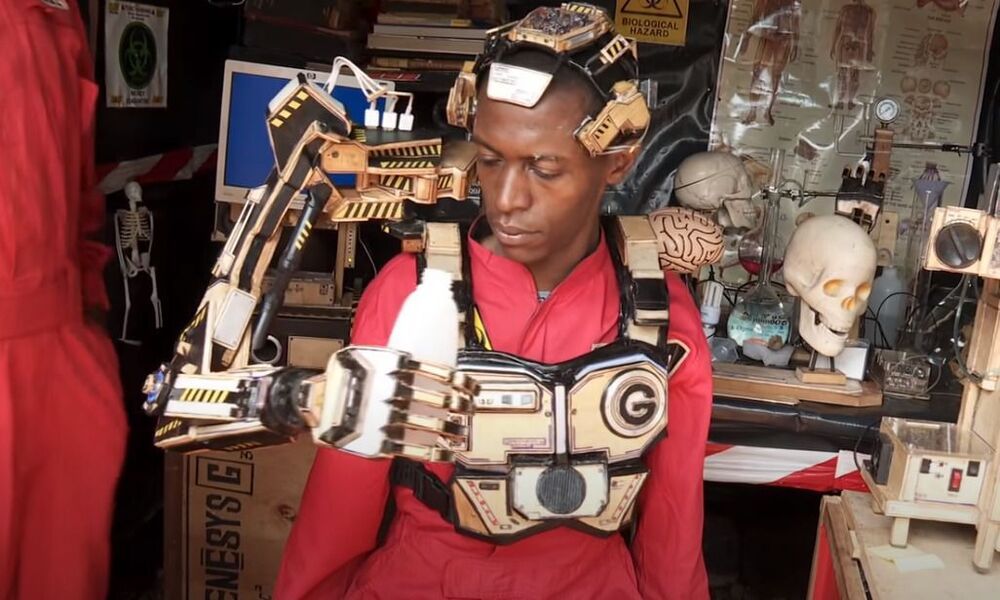
These two Kenyan men are stealing hearts with their amazing inventions that can be a major way to provide much better technological aid to people with disabilities! Watch this video to see these mind-blowing gadgets that work on the commands given by the brain! And we haven’t even told the best part, due to the lack of resources, most of these gadgets are made of wood or old computer parts! Well, imagine what all they can achieve if provided with better technology and resources!
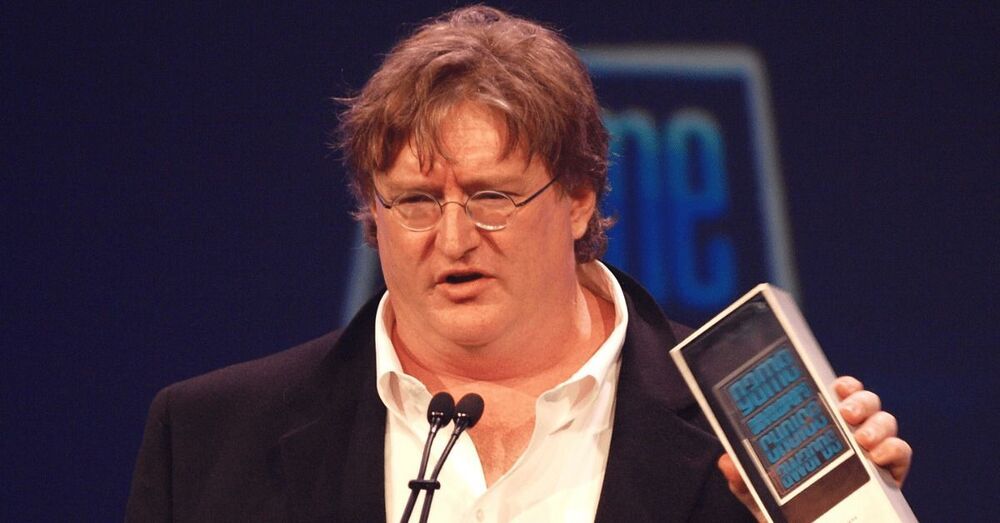
Gamers of the future should be prepared! 😃
NZ’s newest resident billionaire says BCIs could be used to change a person’s mood, help them fall asleep, and to create incredibly immersive games.
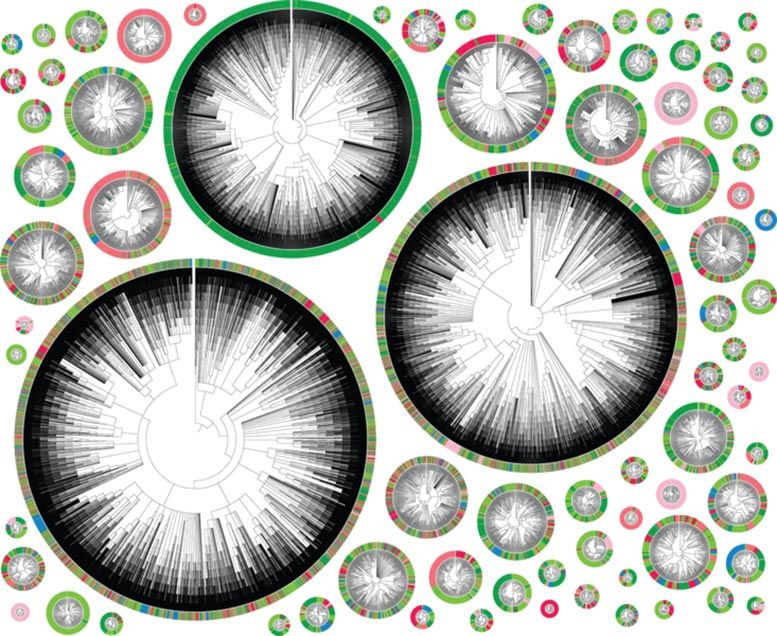
Using CRISPR technology, researchers are tracking the lineage of individual cancer cells as they proliferate and metastasize in real-time.
When cancer is confined to one spot in the body, doctors can often treat it with surgery or other therapies. Much of the mortality associated with cancer, however, is due to its tendency to metastasize, sending out seeds of itself that may take root throughout the body. The exact moment of metastasis is fleeting, lost in the millions of divisions that take place in a tumor. “These events are typically impossible to monitor in real time,” says Jonathan Weissman, MIT professor of biology and Whitehead Institute for Biomedical Research member.
Now, researchers led by Weissman, who is also an investigator with the Howard Hughes Medical Institute, have turned a CRISPR tool into a way to do just that. In a paper published on January 212021, in Science, Weissman’s lab, in collaboration with Nir Yosef, a computer scientist at the University of California at Berkeley, and Trever Bivona, a cancer biologist at the University of California at San Francisco, treats cancer cells the way evolutionary biologists might look at species, mapping out an intricately detailed family tree. By examining the branches, they can track the cell’s lineage to find when a single tumor cell went rogue, spreading its progeny to the rest of the body.
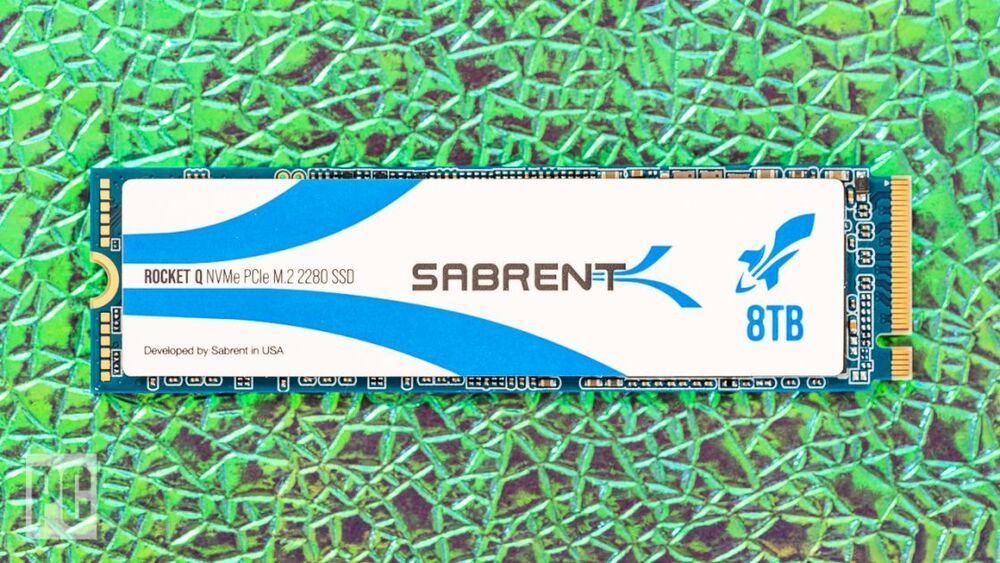
Wow…even I was amazed by these stats and timeline… and I am an unapologetic optimist and futurist who wants to live forever lol.
This video is a synopsis of our research report “Rethinking Energy 2020–2030: 100% Solar, Wind, and Batteries is Just the Beginning” that was published on October 27th, 2020 and is available for download free of charge from our RethinkX website https://www.rethinkx.com/energy.
We are on the cusp of the fastest, deepest, most profound disruption of the energy sector in over a century. Like most disruptions, this one is being driven by the convergence of several key technologies whose costs and capabilities have been improving on consistent and predictable trajectories – namely, solar photovoltaic power, wind power, and lithium-ion battery energy storage.
Our analysis shows that 100% clean electricity from the combination of solar, wind, and batteries (SWB) is both physically possible and economically affordable across the entire continental United States as well as the overwhelming majority of other populated regions of the world by 2030. Adoption of SWB is growing exponentially worldwide and disruption is now inevitable because by 2030 they will offer the cheapest electricity option for most regions.
Coal, gas, and nuclear power assets will become stranded during the 2020s, and no new investment in these technologies is rational from this point forward. But the replacement of conventional energy technology with SWB is just the beginning. As has been the.